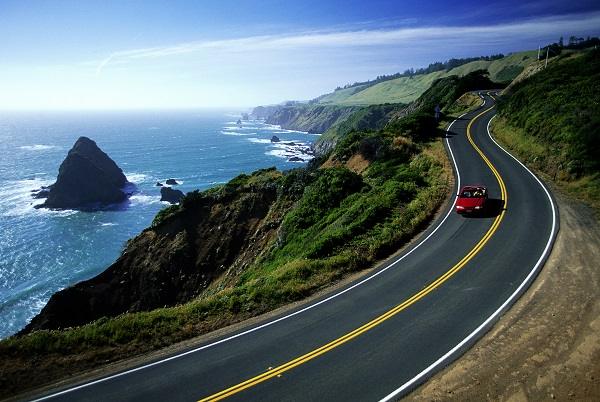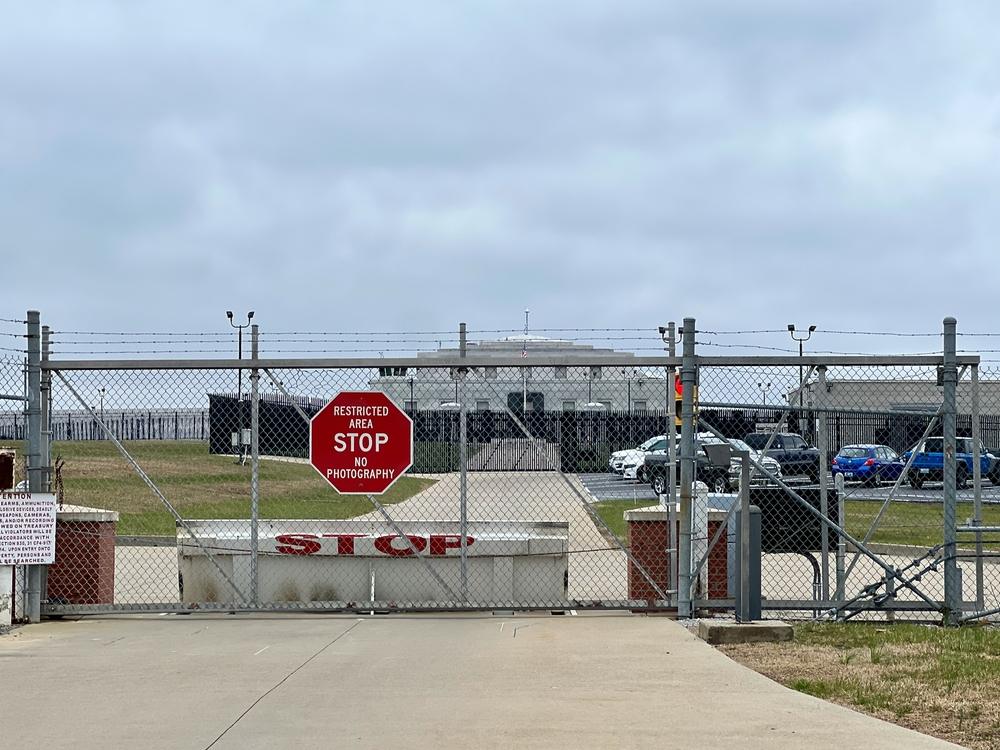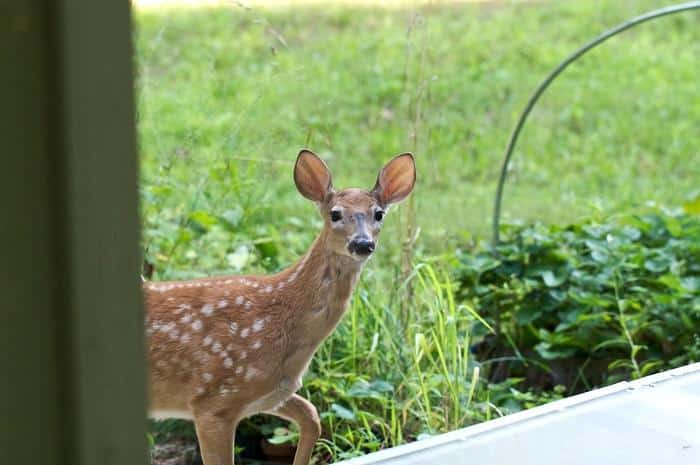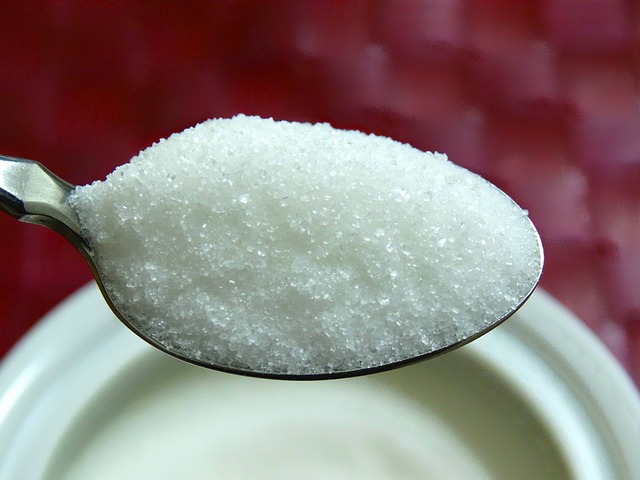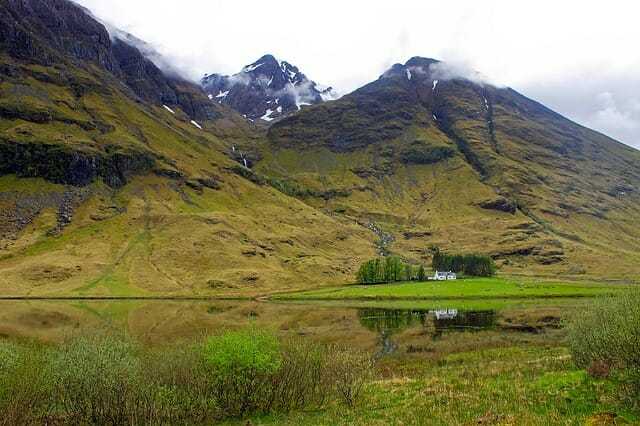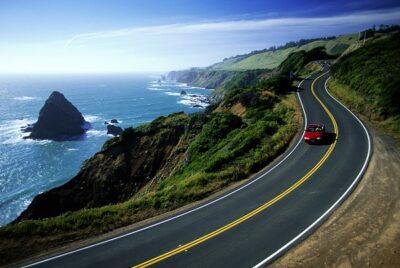
Radioactive isotopes from the Fukushima Daiichi Nuclear Power plant have been detected in the water off Ucluelet, British Columbia, less than 100 miles north of the straight that leads to Washington State’s Puget Sound.
This is the first time that researchers have confirmed the presence of Fukushima radioactive elements on North American soil.
On Feb. 19, researchers from the Woods Hole Oceanographic Institution detected cesium-134 and cesium-137 in water samples taken in the Pacific off Ucluelet, which sits on the west side of Vancouver Island.
Researchers believe the cesium came from Fukushima and it arrived in the area only recently, Tech Times reported. Fukushima is the most likely source of the isotopes because they have a life of just two and a half years.
Woods Hole researchers and volunteers have been collecting water samples along the Pacific Shore since the Fukushima plant in Japan suffered a meltdown following the 2011 earthquake and tsunami. It is possible the isotopes are not from the original meltdown but from a subsequent leak.
Ultra-Efficient Water Filter Fits In Your Pocket!
“Radioactivity can be dangerous, and we should be carefully monitoring the oceans after what is certainly the largest accidental release of radioactive contaminants to the oceans in history,” Ken Buesseler, a Woods Hole marine chemist, told Tech Times. “However, the levels we detected in Ucluelet are extremely low.”
Others, though, say there is still cause for concern.
“You cannot say it’s harmless,” Peer van de Rijk, head of the World Information Service on Energy, told DW, a German media outlet. “That’s the problem with radiation: it doesn’t show immediately. And it’s very hard to prove that a certain illness was caused by radiation.
And the radiation likely will pop up in other parts of the world, he said.
“We’ve learned about that a lot from Chernobyl: Radiation travels with the wind and the ocean. And it’s very possible that it will show up everywhere else in the coming years. Large parts of what was released in Fukushima were released in the ocean, so that will show up in several places.”
Ucluelet is a small town on the west coast of Vancouver Island just off the coast of British Columbia. It is located around 50 miles north of Washington State and the Strait of Juan de Fuca, which connects Puget Sound with the Pacific Ocean. The cities of Seattle and Tacoma are located on Puget Sound. Vancouver, British Columbia is located just north of Puget Sound.
In December 2013, a YouTube video showing a Geiger counter detecting radiation at Coastside Beach, near Half Moon Bay, California, just outside of San Francisco was posted online. The findings in those videos were never confirmed by researchers.
Woods Hole researchers found Fukushima radioactivity in a water sample taken 100 miles off of Northern California’s coast in November, 2014, Tech Times reported. That discovery prompted Woods Hole and an organization called the Fukushima Ocean Radionuclide Monitoring Network to establish monitoring stations to look for radiation along the coasts.
Even though Fukushima isotopes have not been confirmed on the U.S. coast, it is only a matter of time before they get here.
In 2014 Chinese scientist GuiJun Han predicted that water containing “pockets and streams of highly concentrated radiation” from Fukushima will gain strength as they cross the Pacific. Han also predicted in an article for the scientific journal Science China Earth Sciences that radiation from Fukushima will one day cover the entire North Pacific, spread as far south as Baja California, and last for up to 10 years, Off the Grid News reported.
Do you believe the Fukushima radiation poses a threat to humans? Share your thoughts in the section below:


